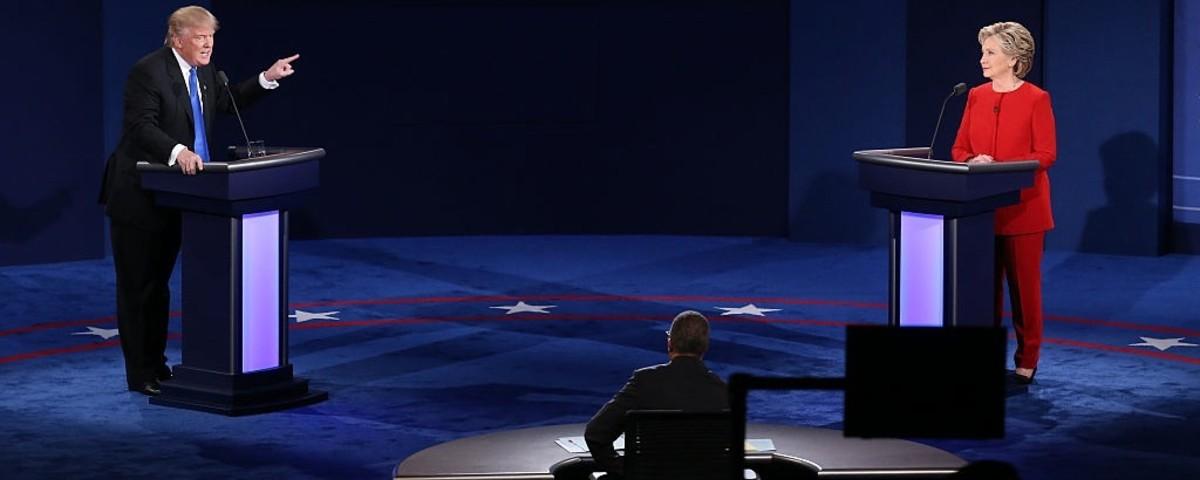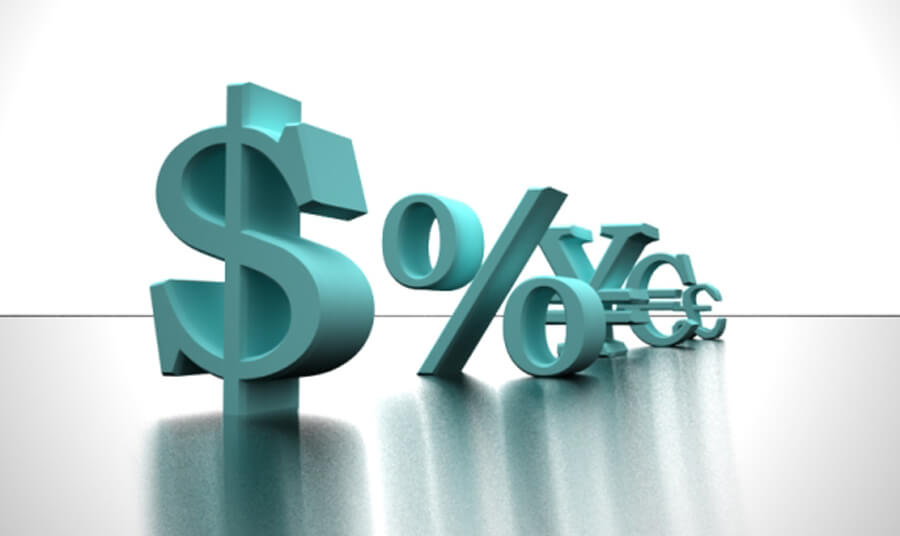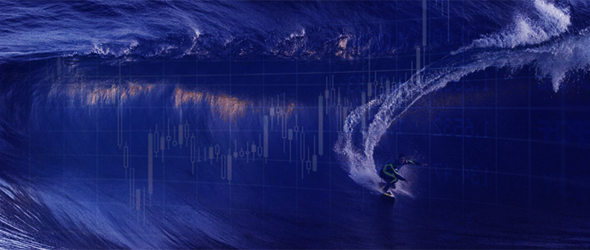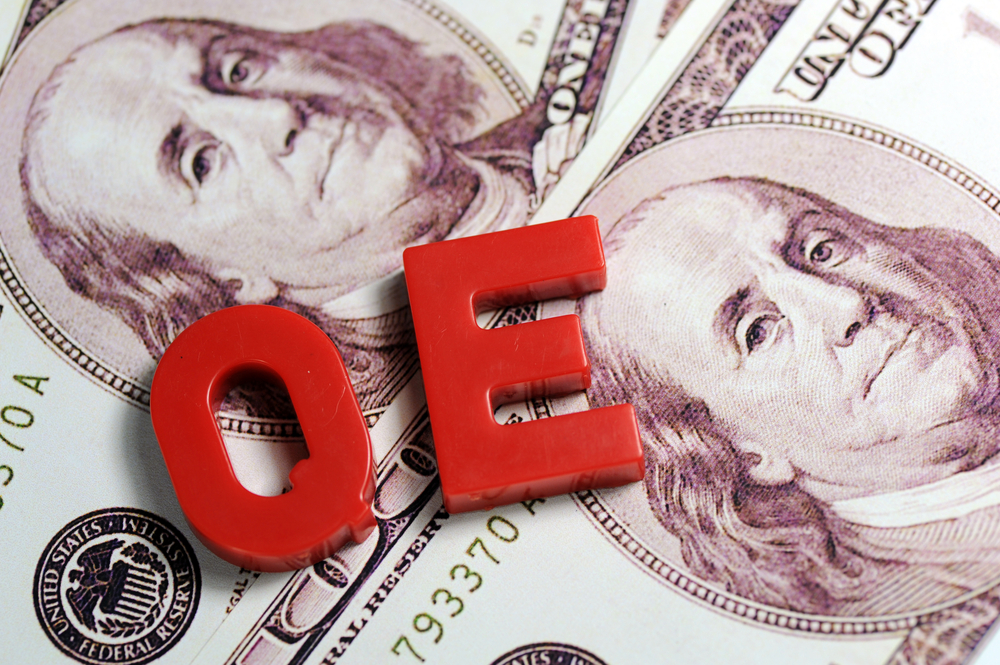
If you want to invest in stocks, you first need to understand how the stock market works. For the investor it is particularly important to know what causes the quotes to vary. After all, the stock market prices fluctuate greatly, even for a second they may go up or down. Volatility is a probability of stock prices’ change. So what affects the price, causing them to be unstable? There are many factors that can affect the movement of the stock price. First of all, the economic and financial information. Last news or data that have become...

Internal, regional, and international political conditions and events can have a profound effect on currency markets. The political landscape of a nation plays a major role in the economic outlook for that country and, consequently, the perceived value of its currency. Forex traders are constantly monitoring political news and events to gauge what moves, if any, a country's government may take in the economy. These can include measures from increasing government spending to tightening restrictions on a particular sector or industry. The...

You may have noticed that the value of currencies goes up and down every day. What most people don't realize is that there is a foreign exchange market (Forex) where you can potentially profit from the price movement of these currencies. Although forex is the largest financial market in the world, it is relatively unfamiliar terrain for retail traders. Until the popularization of internet trading a few years ago, forex was primarily the domain of large financial institutions, multinational corporations and secretive...

One of the key factors, which has influence on any trader’s success is his ability to correctly predict the market movements. The two main methods are technical and fundamental analysis of forex market. Wave analysis is a method of technical analysis based on the Elliott Wave Theory. Today this is the most popular way of forecasting the situation on forex either among novice traders or professionals. Moreover, the wave analysis is considered as fundamental for technical analysis of the currency market. Back in 1934, Ralph Nelson Elliott...

When an economy is in danger of slipping into a recession or depression, governments can employ a strategy known as quantitative easing (QE). Quantitative easing is an unconventional monetary policy used by central banks to stimulate the national economy when a standard monetary policy has become ineffective. A central bank implements quantitative easing by buying financial assets from commercial banks and other private institutions, thus increasing the monetary base. Quantitative easing is considered when short-term interest rates are at or...